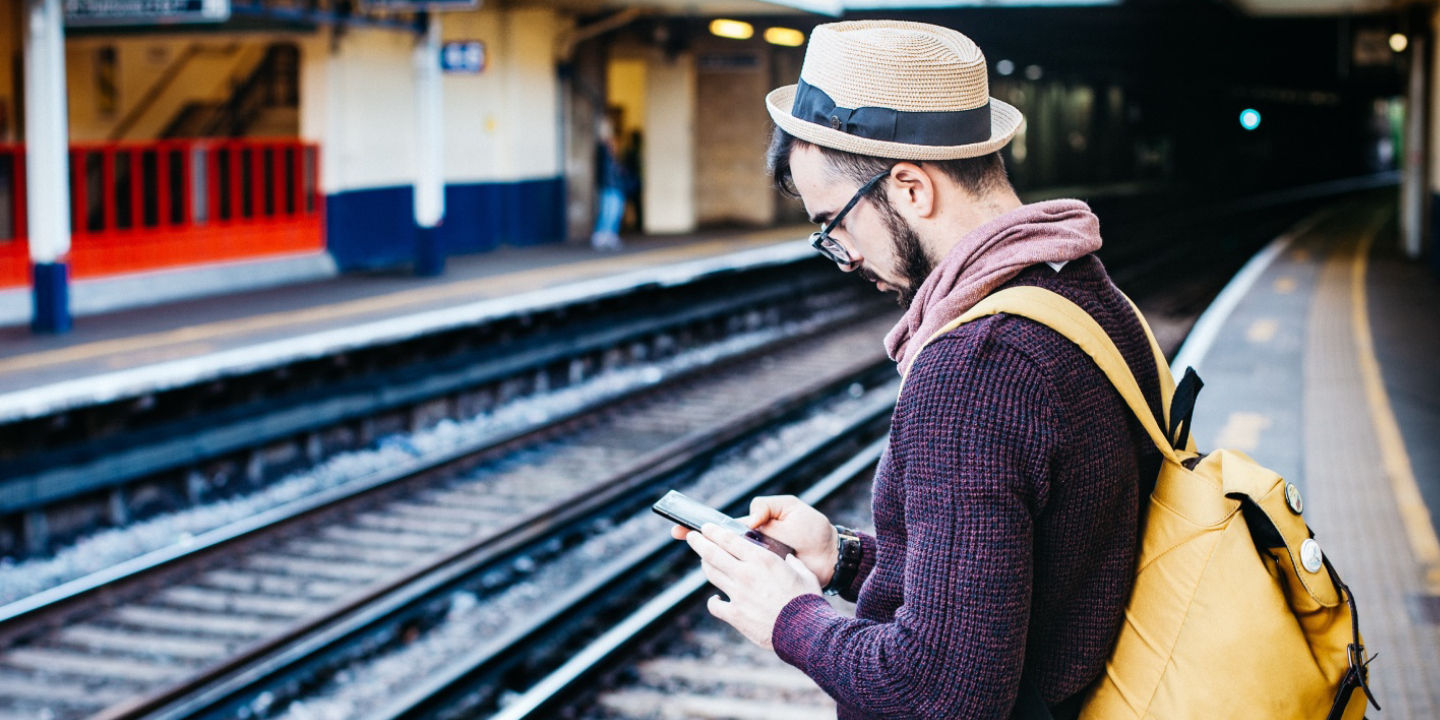Industries snowed under the sustainability matter
Caring about the environment is not chasing rainbows. According to the Euromonitor report, 78% of professionals think that, as the climate continues to change, consumer demand will change, behaviors will alter, needs will emerge, and preferences will shift. It seems that this is already happening. So how does this apply to the Travel industry?
Sustainability takes the world by storm. The report shows that 35% of consumers in 2021 took sustainability matters seriously and implemented actions to reduce carbon emissions. People have turned to smaller, local businesses, especially those promoting sustainable products or implementing responsible practices. According to the Nature Climate Change paper, global tourism in 2018 accounted for 8 percent of greenhouse gas emissions. That’s three times (yes, three) as much as aviation itself and nearly as much as the construction industry. Also, according to a report conducted by Booking.com in 2021 (an online survey of nearly 30,000 people in 30 countries), 46% of respondents claim that they wanted to travel more sustainably in the future (now).
There’s more interesting information. People are now more focused on work-life balance, health (both in physical and mental aspects), experiences, and opportunities to socially interact in real life. The digital nomad lifestyle is nothing rare now. And this is closely connected with the travel industry.
All generations are getting itchy feet
It’s no surprise that many Millenials and Gen Z are willing to live the digital nomad life. This means they are willing to travel (and travel sustainably). They also are willing to pay for it. But there is another target group for the travel industry that has become digitally savvy and is looking for innovative solutions, such as travel planning and having the option of payment at the fingertips. In 2021, 82% of consumers aged 60 and more owned a smartphone. Also, 45% of the same group used banking services on mobile phones. These are Digital Seniors – a crucial target for businesses. Digital Seniors have embraced virtual solutions in many aspects of their lives. Over 60% of empowered elders visited social media sites at least once a week, and 21% admitted enjoying online video gaming weekly. Creating innovative solutions related to the travel industry for all generations is like finding a gold mine.
Information exchange in a blink of an eye
Travel management booking system platforms provide clients with updated information on destinations, origin information, testing for COVID-19, quarantine regulations, or specific travel documents for entry. Naturally, consumers expect to have all the necessary information at hand – this is nothing new. However, the pandemic and its consequences increase this need. As a result, travelers demand real-time tracking improvement, integrated risk-management tools, and personalized dashboards at hand. This is where automation steps in.
Hotels can benefit from implementing automation solutions by giving the customers what they want (i.e., contactless payments, check-ins, biometrics recognition) and reducing the costs of repetitive tasks or processes. Hyperautomation (automating whatever can be automated) may be the key to improving time and team management. Digital synergy in the hospitality sector seems to be the best solution for staying in the game and ahead of the competition.
Contactless options combined with real-time, up-to-date information allow travelers to take care of planning and executing trips from anywhere without contacting a travel agent. Hassle-free trip planning is easy when you have a smartphone (there are around 6 567 000 000 smartphone users now, according to Statista.com) and the necessary digital solution. In short, a smartphone has become a travel buddy for users.
Artificial intelligence helps deliver personalized data
To keep up with online customers’ demands, online travel agencies and hotels are increasingly turning to artificial intelligence (AI)-powered solutions to automate bookings and deliver personalized service. AI algorithms provide insights into customer preferences, behaviors, and interests – this data is invaluable to the travel industry. Instead of browsing offers for hours, travelers can dive into offers that match their needs. This, combined with other automation solutions, brings travel planning to an entirely new level. One can plan a trip, make all necessary reservations, and review amenities and attractions from the couch. There’s even more – chatbots provide 24/7 customer service for consumers. Thanks to machine learning processes, the users are provided with relevant information. In a nutshell, AI and automation help save money and time for the travel industry and its customers. Check out one of our solutions – Fact Combiner– algorithms that suggest products according to individual customer preferences.
Metaverse and Travel – more aspects of trip planning
Metaverse is one of the top topics now. How can this immersive experience relate to travel? It may seem that taking a virtual walk over the Louvre can eliminate the desire to explore this remarkable place in person. But the truth is that virtual and augmented reality (like, for example, VR headsets) can help plan the trip to Paris and result in higher conversion rates for travel agencies. How exactly? The digital simulation is undoubtedly inspiring in terms of previewing real experiences. Technologies could help users visualize their upcoming trips. This is already being done by airlines such as Emirates, which introduced an immersive, 3D, 360-degree view of its cabin interiors.
Retail and travel join forces with digital solutions – this is something new. Even though the interactive mirrors have been functioning for a while (i.e., Abyss Glass), No 5, Dufry, and JCDecaux came up with an innovative approach to augmented reality – in terms of using the technology in sales. In November 2021, the Chanel brand came up with an interesting activation for consumers. It’s worth mentioning that the Chanel No 5 fragrance was celebrating its 100th anniversary. The activation included an augmented reality screen, where customers could virtually try the products and play a game. In an innovative-looking spaceship scenery, all these are called “Spaceship No 5 “. Spaceship No 5 emerged on Heathrow, in the departure lounge at Terminal 5. The “No 5 game” was a real blast for selling fragrance lines and skincare products. It’s no surprise that this location was the only travel retail place to get the exclusive Channel’s advent calendar.
Going contactless – experience the touch of technology
Planning trips, making payments, and instant contactless check-ins – are the things that help travelers enjoy their journeys safely. Can there be more automation to increase safety and convenience? The answer is yes. The CVG airport (Cincinnati/Northern Kentucky International Airport) has a fleet of autonomous delivery robots. Selected retail stores operated by Paradies Lagardere offer grab-and-go, beverage, and travel options for customers to place orders via orderatcvg.com. That case shows how to deliver innovative solutions in the Travel industry.
The COVID-19 situation is not stable. Travel restrictions are constantly changing. Thus, the Travel industry needs solutions that can address these conditions' needs. Technology, innovative products, and services are coming to the rescue. Real-time information, contactless methods of getting things done, and digital simulations – are crucial for the hospitality and travel sector to stay in the game. It seems that we are not talking about trends. We are talking about actual cases and shifts that are happening. We – Axabee – are constantly following the needs of consumers to deliver solutions that exceed expectations.



